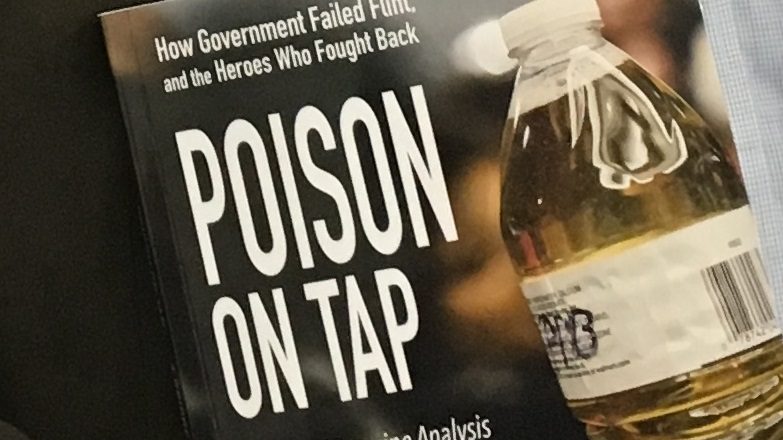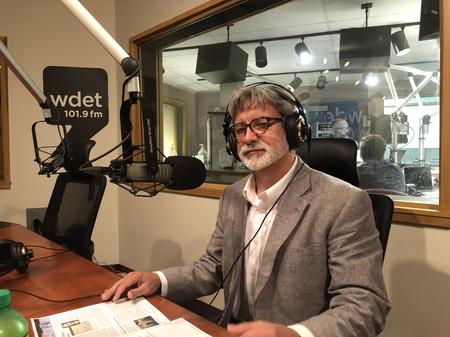Medical Researchers: Kids Were Not ‘Poisoned’ In Flint Water Crisis
“We feel that it would be a disservice to call an entire generation of children permanently brain damaged.”


When we think about the horrors of the Flint Water Crisis, the thing that often comes to mind first is the idea of kids being poisoned by their drinking water.
This is a word we hear often when talking about this — kids were “poisoned” in Flint.
Recently, Detroit Today host Stephen Henderson spoke with author and journalist Anna Clark about her new book about the crisis titled “The Poisoned City.”
But some researcher and toxicologists now take issue with that description, and say we need to be more careful about the way we talk about what happened in Flint. They say years-long research shows that elevated lead levels never reached the point of “poisoning” for any kids in Flint.
And they say the word itself — “poisoning” — comes with unintended consequences for an entire generation of kids.
Dr. Hernán Gómez is an associate professor at the University of Michigan, emergency medicine pediatrician and medical toxicologist at Hurley Medical Center, and is the lead author of the study “Blood Lead Levels of Children in Flint, Michigan: 2006-2016.”
He also wrote an op-ed in the New York Times, The Children of Flint Were Not ‘Poisoned’.
Dr. Gómez joins Detroit Today with Stephen Henderson to talk about his research and thinking on this topic.
“When we’re talking about poisoning with lead, we’re talking about permanent changes in decreases in IQ, permanent changes in behavior,” says Gómez. “This includes violent crime.”
“Our researchers in that study and others that I’ve collaborated with, we feel that it would be a disservice to call an entire generation of children permanently brain damaged, because that is what the word ‘poison’ in this context is insinuated.”
He goes on to address criticism that he and other researchers are “downplaying” the magnitude of the Flint Water Crisis. Gómez rejects that criticism.
“There was an increase in lead. No child should be exposed to a toxin. There was an increase in blood lead levels…However, to call them ‘poisoned’ is doing a disservice… In terms of a city which already has one of the highest per capita violent crime rates in the nation to say that these children have yet even more tendency for violent crime is an extreme disservice.”
Click on the audio player above to hear the full conversation.
